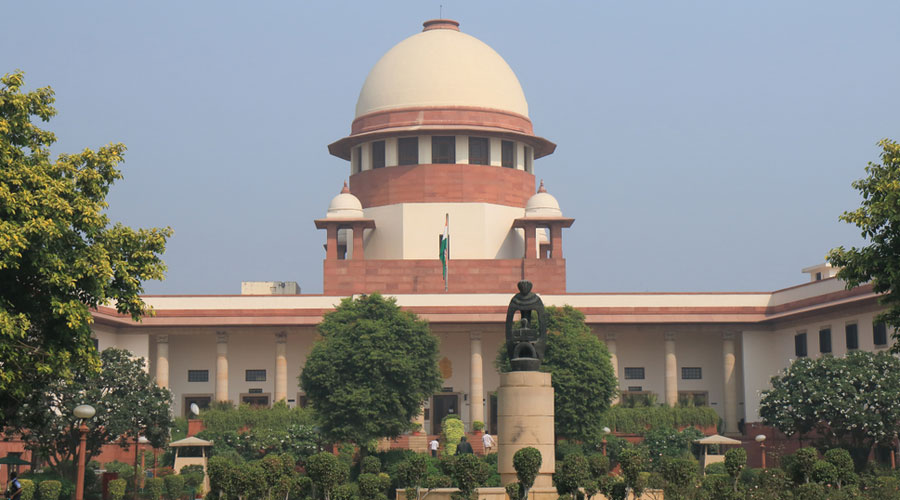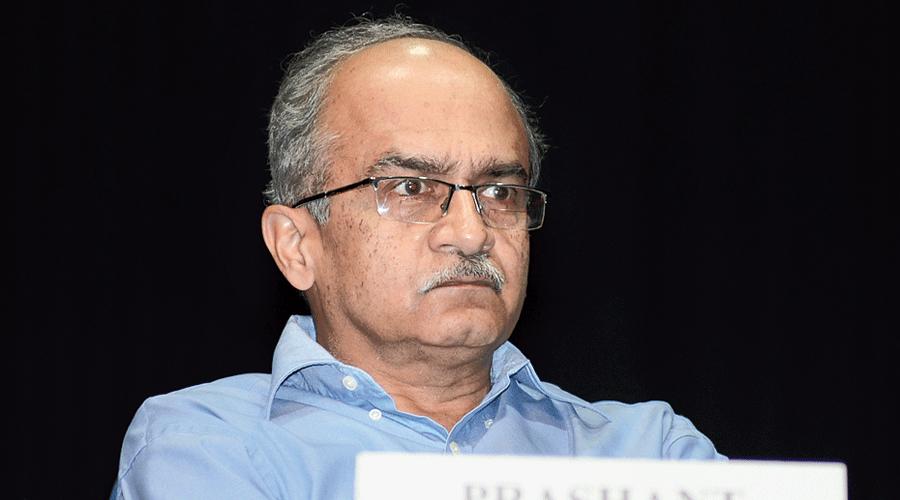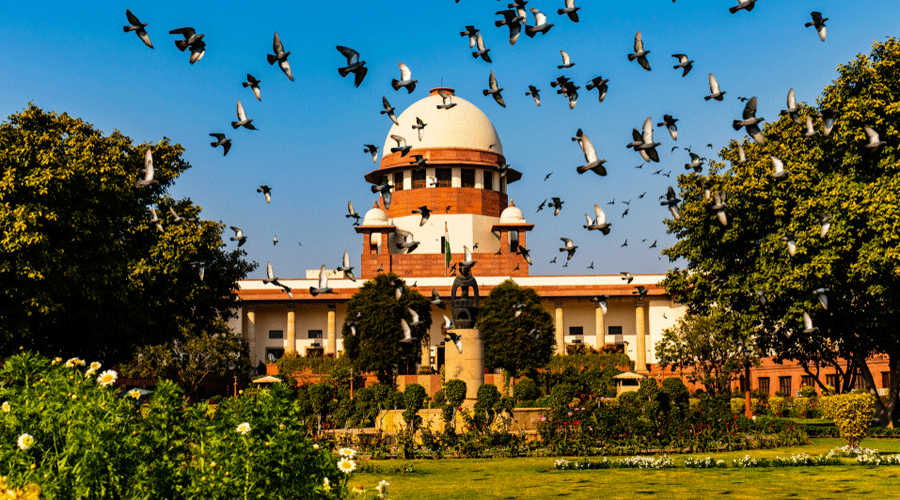Critics and commentators have grown in proportion to the burgeoning of social media — everyone has something to say about everything. It is, trolls notwithstanding, apparently an aspect of democratic freedom. The comments are often of serious import, sometimes criticism and the questioning of institutions, even of the courts and the judiciary. The thorny question is whether the criticism of courts should be penalized in a democracy, as dissent is now being stifled when directed against policies and actions of the dominant regime. The law against contempt of courts applied to such criticism — most recently against two tweets commenting on the role of a number of chief justices of the Supreme Court — can be taken suo motu notice of by the court. ‘Scandalizing’ the court and thus lowering its authority and dignity in the eyes of the people by speech, message or other means, is seen by this law as an attempt to damage the trust of the people in the courts, which hurts their interest. It is criminal contempt. That includes trying to prejudice or obstruct judicial proceedings or the administration of justice.
But it has become increasingly difficult to understand, as is indicated by a statement by 131 former judges and other well-known persons, the frequent application of the contempt law in response to critical comments regarding the court. In a democracy, laws against questioning should be held up to hard scrutiny, most so by the institution that delivers justice and defends constitutional freedoms. It is not fear but fairness that establishes the court’s dignity and produces people’s trust; the courts’ ire at questioning may generate, instead, mistrust. Many democracies in the West, including the United Kingdom — part progenitor of Indian jurisprudence — have dropped or modified the clause that condemns ‘scandalizing’ the court; they may address ‘direct’ contempt or misbehaviour inside the courtrooms and, as in Canada, substantive efforts to hamper judicial process. Contempt of court originally referred to the dignity and authority of the sovereign’s court, where the ruler dispensed justice. That blaze of glory is misplaced in republics and democracies; it is transparency and imperturbability in the face of unbefitting comments that establish the court’s authority. It seems that the law against contempt of courts in India needs to evolve with expanding democracy instead of becoming more constricting.













